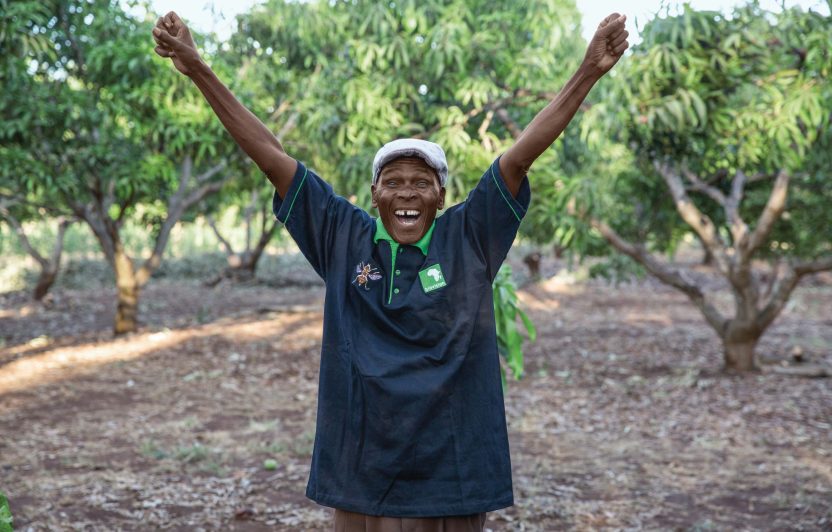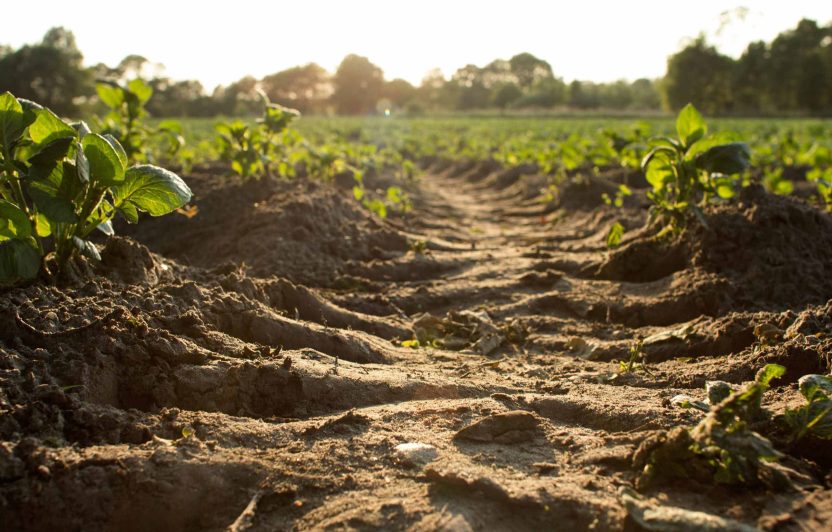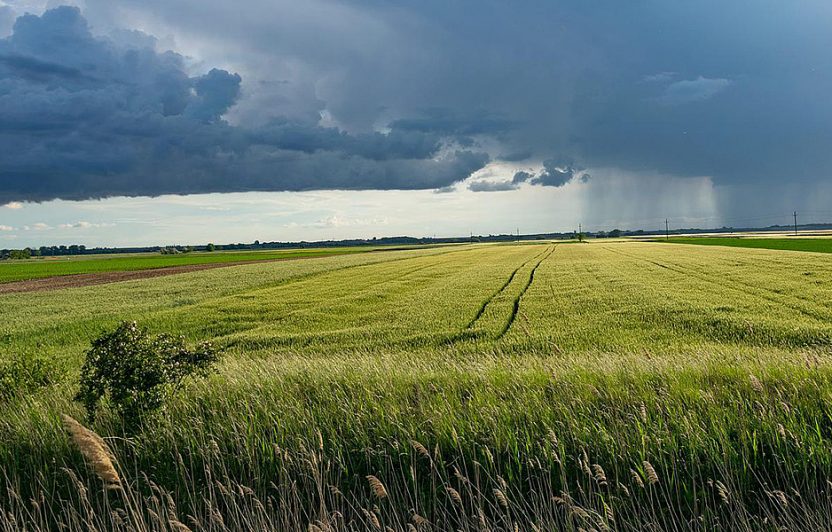Climate change increasingly poses problems for farmers in sub-Saharan Africa in particular: irregular rainy seasons, droughts, storms and floods destroy harvests and thus their livelihoods. Biovision initiated a study to obtain evidence-based answers to the question of whether and to what extent agroecology helps in the fight against climate change.
The study, published together with the UN Food and Agriculture Organisation (FAO), consists of three parts: a case study in two African countries, an analysis of scientific studies on the subject by the Research Institute of Organic Agriculture (FiBL), and an examination of the policy potential of agroecology.
Traditional knowledge is key
The case studies in Kenya and Senegal show that farms that have participated in agroecological projects are more resilient to the effects of climate change than farms in the control sample. They are better able to cope with times of crisis and to ensure family food security.
In addition to promoting diversity, including and facilitating traditional knowledge in a targeted manner proved to be key factors. Limited access to effective organic products for pest and weed control and to financial services and insurance were revealed as challenges to implementing agroecological measures.
Meta-analysis confirms the findings
A meta-analysis of published peer review studies confirms the results of the case studies, concluding:
- Agroecology builds on key features that show a strong positive correlation with climate resilience.
- Agroecology increases the adaptability and reduces the vulnerability of agroecosystems, in particular through improving soil health, biodiversity and high diversification within agricultural production systems.
- Agroecology contributes to reducing greenhouse gas emissions, mainly by increasing soil organic matter (carbon sequestration) and by reducing the use of synthetic fertilisers.
- Institutional measures, such as the joint creation and dissemination of knowledge through advisory services and farmer-to-farmer exchange, play a key role in supporting the strengthening, development and acceptance of agroecology.
- Building and strengthening context-specific knowledge and participatory innovation systems are crucial for promoting agroecology and climate resilience.
The third part of the study examined the role of agroecology today in a political context. The good news: the holistic concept of sustainable agriculture is on the rise internationally, playing a central role in the United Nations Framework Convention on Climate Change (UNFCCC).
More and more countries and stakeholders with different backgrounds are seeing agroecology and related approaches such as efficiency, recycling, diversity and shared knowledge as promising means to achieve climate change adaptation and mitigation goals and to initiate a transformation process in agriculture towards sustainability.
Three recommendations for a sustainable future
The authors derive the following recommendations from the findings of the study:
- Although further comparative research on the multiple impacts of agroecology is needed, the promotion of agroecology as an adaptation strategy to climate change is built upon on a solid scientific basis.
- Individual cultivation practices are not sufficient, as is usually the case in practice. Rather, agroecology’s holistic and systemic approaches offer particularly high potential for strengthening climate resilience.
- Agricultural ecology is complex and requires significant knowledge; research and training must therefore be promoted to spread the approach.
For more information on the study and the work of Biovision’s policy dialogue and advocacy team, visit:





